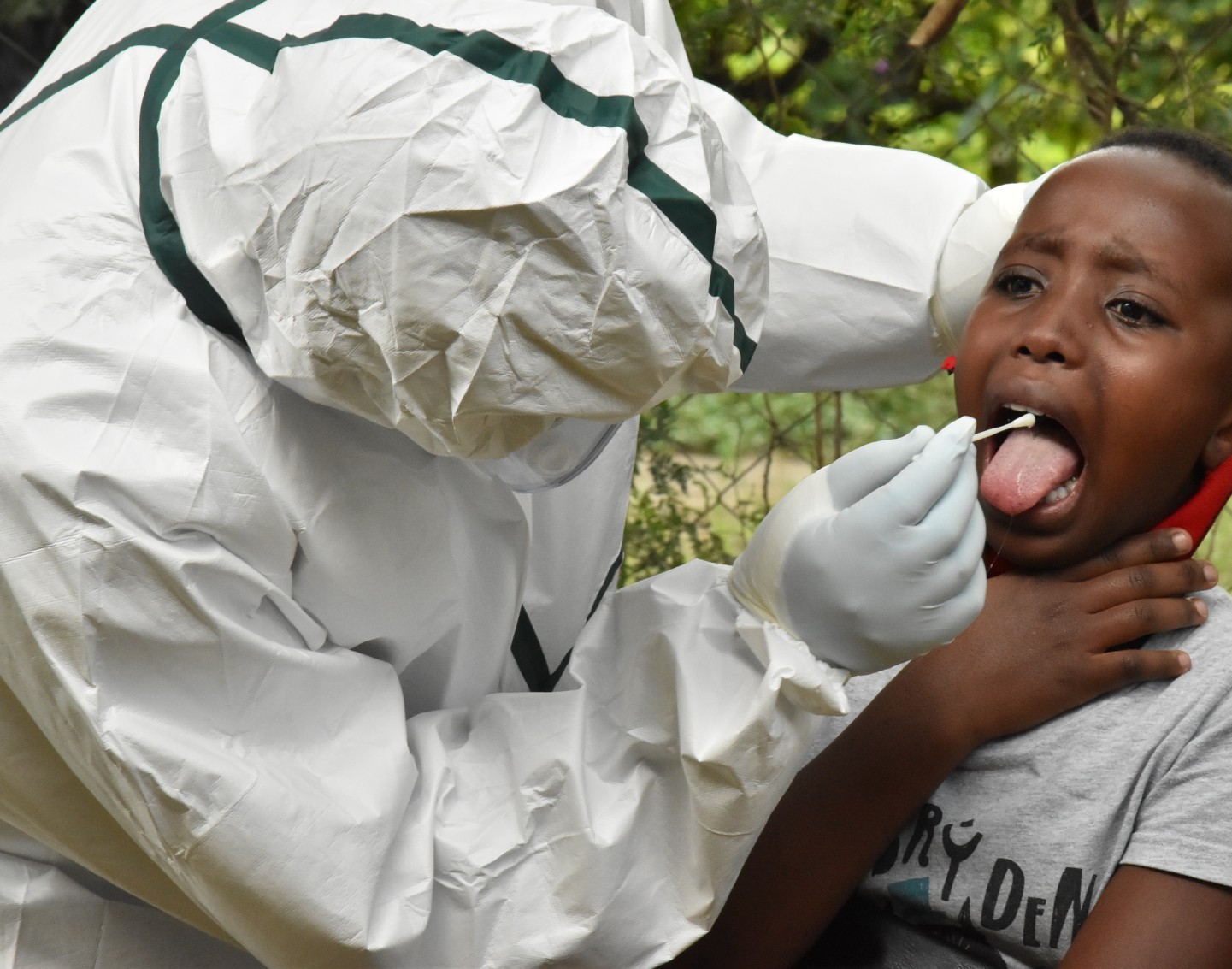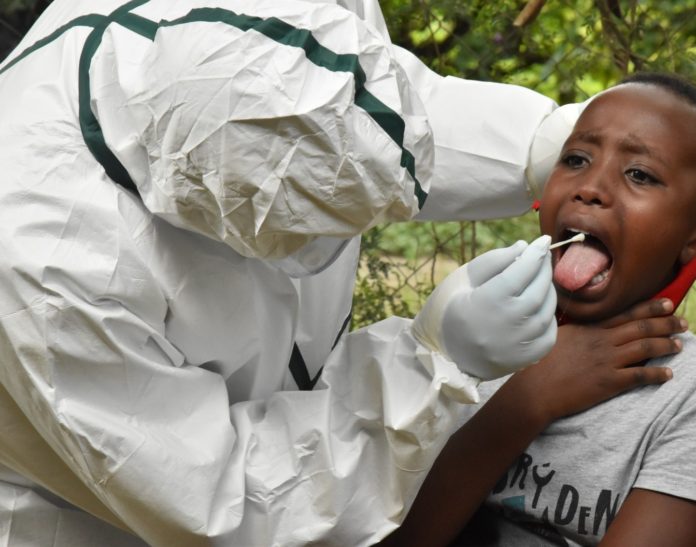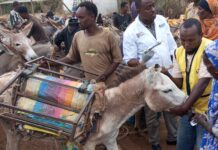By Clifford Akumu
Nairobi, Kenya: The World Health Organisation and partners have called for action to better protect health and care workers from Covid-19 and other health issues.
A large number of health and care workers have died from the Covid-19 pandemic, but there is also a new threat of an increasing proportion of the workforce suffering from burnout, stress, anxiety, and fatigue.
The global health body,in a statement, urged governments and stakeholders to strengthen the monitoring and reporting of COVID-19 infections, ill-health, and deaths among health and care workers.
In a joint statement, WHO and partners stressed the need to include disaggregation by age, gender, and occupation as a standard procedure, to enable decision-makers and scientists to identify and implement mitigation measures that will further reduce the risk of infections and ill-health among the group.
It also urged political leaders and policymakers to do all within their power to make regulatory, policy, and investment decisions that ensure the protection of health and care workers.
It highlights the opportunity to align this with a forthcoming global health and care worker compact and the International Labour Organization’s call for a human-centered recovery from the COVID-19 crisis.

They also called upon leaders and policymakers to ensure equitable access to vaccines so that health and care workers are prioritized in the uptake of COVID-19 vaccinations.
Available data from 119 countries suggest that by September 2021, two in five health and care workers were fully vaccinated on average, with considerable differences across regions and economic groupings.
Less than one in ten have been fully vaccinated in the African and Western Pacific regions, while 22, mostly high-income countries, reported that above 80% of their health and care workers are fully vaccinated.
A few large high-income countries have not yet reported data to WHO.
“We have a moral obligation to protect all health and care workers, ensure their rights and provide them with decent work in a safe and enabling practice environment. This must include access to vaccines”, said Jim Campbell, Director of the WHO Health Workforce Department.
“Beyond vaccines, economic recovery and all new investments in emergency preparedness and response must prioritize the education and employment of health and care workers, linking to the UN Secretary-General’s Global Accelerator for Jobs and Social Protection,” he added.
A new WHO working paper estimates that between 80,000 to 180,000 health and care workers could have died from COVID-19 in the period between January 2020 to May 2021, converging to a medium scenario of 115,500 deaths.
These estimates are derived from the 3.45 million COVID-19 related deaths reported to WHO as at May 2021; a number by itself considered to be much lower than the real death toll (60% or more than what is reported to WHO).
“This WHO working paper provides a stark number to stimulate greater action; we cannot afford to lose more health and care workers and our world will not recover from the pandemic without long-term, sustainable investments in the health workforce,” said Catherine Duggan, Chief Executive Officer of the International Pharmaceutical Federation and one of several members of the World Health Professions Alliance allied with the Joint Statement.
WHO is currently leading efforts to develop a global health and care worker compact, based on existing legal instruments, conventions, and resolutions.
The compact aims to provide the Member States, stakeholders, and institutions with comprehensive guidance on their existing obligations to protect health and care workers, safeguard their rights, and to promote and ensure decent work, free from gender, racial, and all other forms of discrimination.
The guidance will be presented to the 75th World Health Assembly in May 2022.














